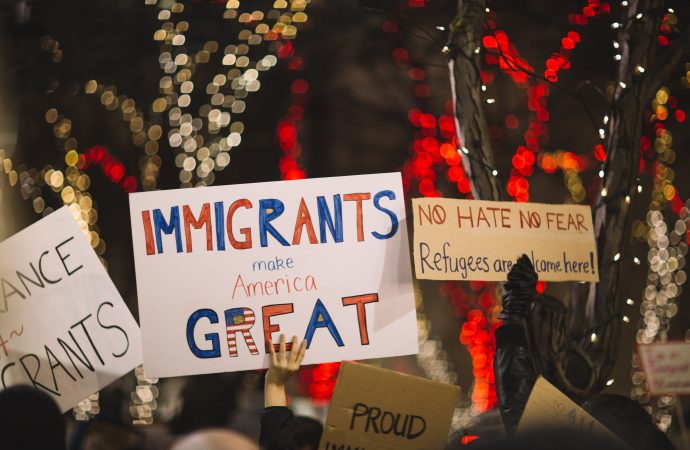Introduction For refugees, the journey to resettlement and citizenship can be a long and complex process. Navigating the legal pathways to residency and citizenship can be overwhelming, especially for those who have experienced trauma and displacement. However, understanding the legal options available can help refugees make informed decisions and take steps towards building a new
Introduction
For refugees, the journey to resettlement and citizenship can be a long and complex process. Navigating the legal pathways to residency and citizenship can be overwhelming, especially for those who have experienced trauma and displacement. However, understanding the legal options available can help refugees make informed decisions and take steps towards building a new life in their host country.
Asylum
Asylum is a legal status granted to individuals who have fled their home country due to persecution or a well-founded fear of persecution based on their race, religion, nationality, political opinion, or membership in a particular social group. To apply for asylum, refugees must submit an application to the government of their host country. The application process can be lengthy and requires evidence to support the claim of persecution. If granted asylum, refugees can live and work in their host country and eventually apply for citizenship.
Refugee Resettlement
Refugee resettlement is a process in which refugees are permanently resettled in a third country. This option is available to refugees who are unable to return to their home country or remain in their host country due to ongoing conflict or persecution. The resettlement process is managed by the United Nations High Commissioner for Refugees (UNHCR) and involves a thorough screening process. If selected for resettlement, refugees are provided with assistance to travel to their new country and are given support to integrate into their new community.
Family Reunification
Family reunification is a legal pathway to residency and citizenship that allows refugees to be reunited with their family members who are already living in their host country. This option is available to refugees who have been granted asylum or have been recognized as refugees. The process involves submitting an application to the government of the host country and meeting certain eligibility requirements. If approved, refugees can be reunited with their family members and eventually apply for citizenship.
Naturalization
Naturalization is the process by which a foreign national becomes a citizen of their host country. To be eligible for naturalization, refugees must meet certain requirements, such as having lived in their host country for a certain period of time, passing a language and civics test, and demonstrating good moral character. Naturalization can provide refugees with the same rights and privileges as citizens, including the right to vote and the ability to travel freely.
Conclusion
Navigating the legal pathways to residency and citizenship can be a daunting task for refugees. However, understanding the options available can help refugees make informed decisions and take steps towards building a new life in their host country. Asylum, refugee resettlement, family reunification, and naturalization are all legal pathways that can provide refugees with the opportunity to become citizens of their host country. By working with legal professionals and community organizations, refugees can navigate the complex legal system and achieve their goal of becoming citizens.

















Leave a Comment
Your email address will not be published. Required fields are marked with *